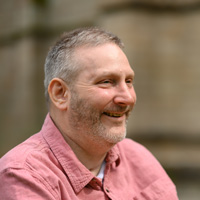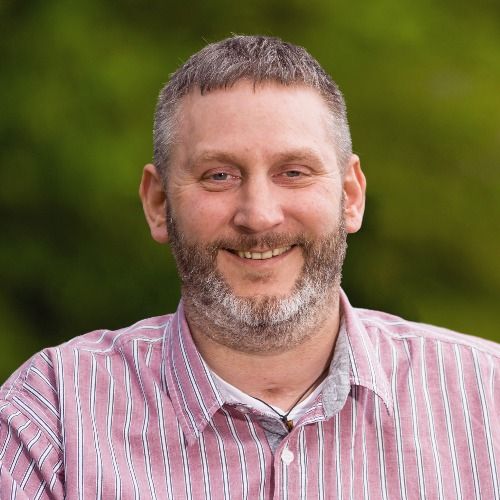Episode 148
Overthinking Is Not Your Fault (But Here's How to Stop)
Published on:
8th June, 2025
Episode Details


